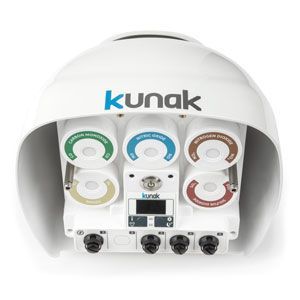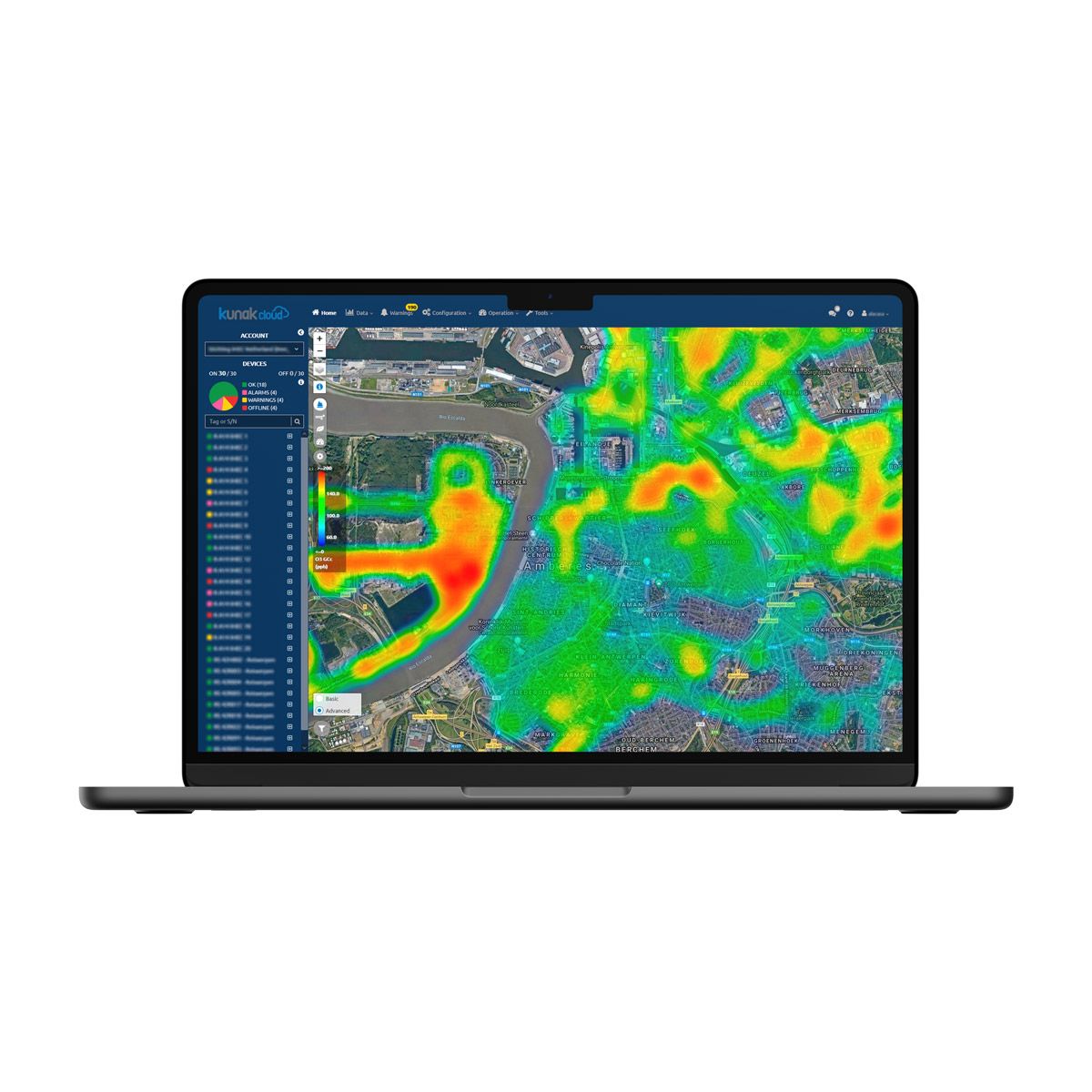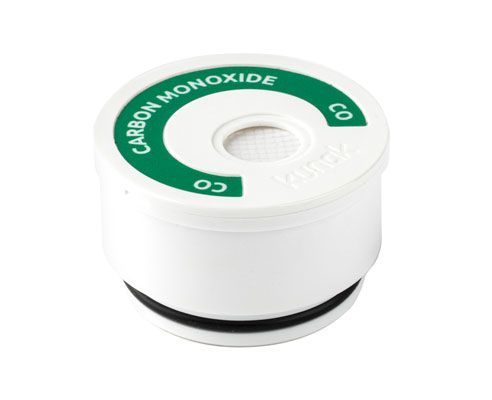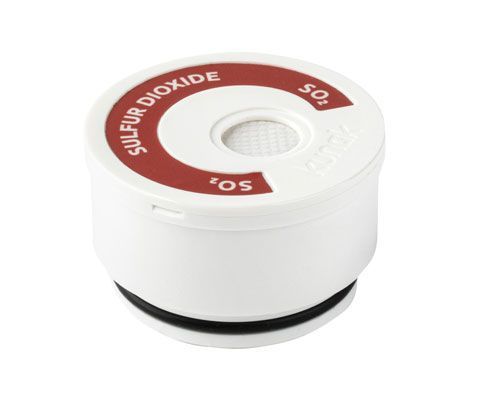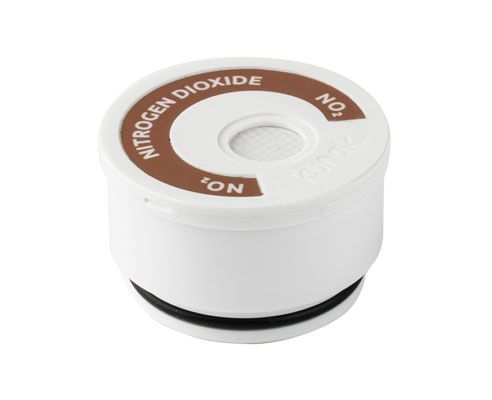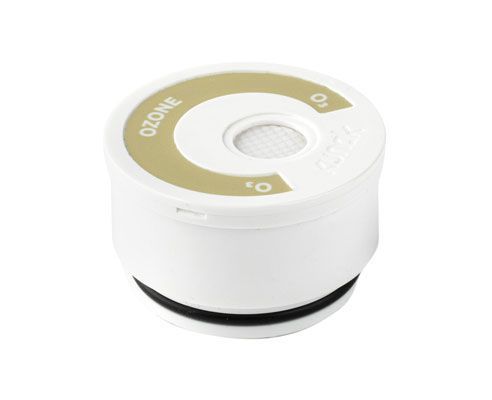Since its launch, the system has enabled real-time data collection and dissemination on key pollutants, such as carbon monoxide (CO), sulphur dioxide (SO₂), nitrogen dioxide (NO₂), ozone (O₃) and particulate matter (PM2.5 and PM10).
Additionally, the stations measure meteorological parameters such as temperature, humidity, and wind direction.
This information is publicly accessible via an online platform, promoting transparency and encouraging citizen participation in environmental issues. Furthermore, the data collected has helped identify critical areas and implement targeted corrective measures to improve air quality in the city.
This project represents a significant advancement in Porto Alegre’s environmental management, equipping the city with state-of-the-art tools to monitor and improve air quality, ultimately benefiting public health and sustainability.
Benefits
- Continuous, real-time air quality monitoring
- Public access to up-to-date data, fostering awareness and environmental education
- Ability to identify specific pollution sources and high-risk areas
- A solid foundation for environmental policy development
- Enhanced technological infrastructure for environmental monitoring












